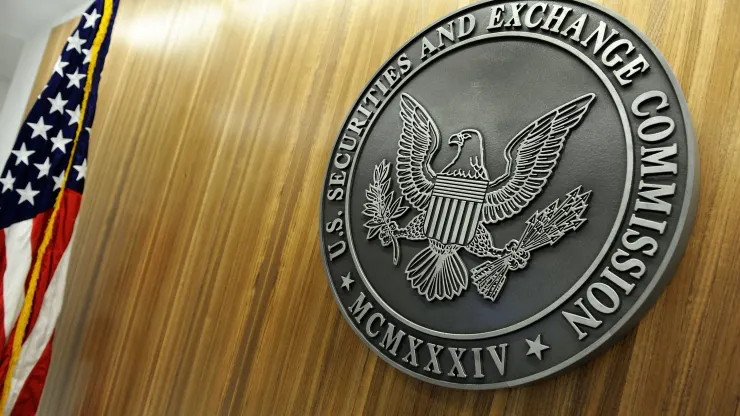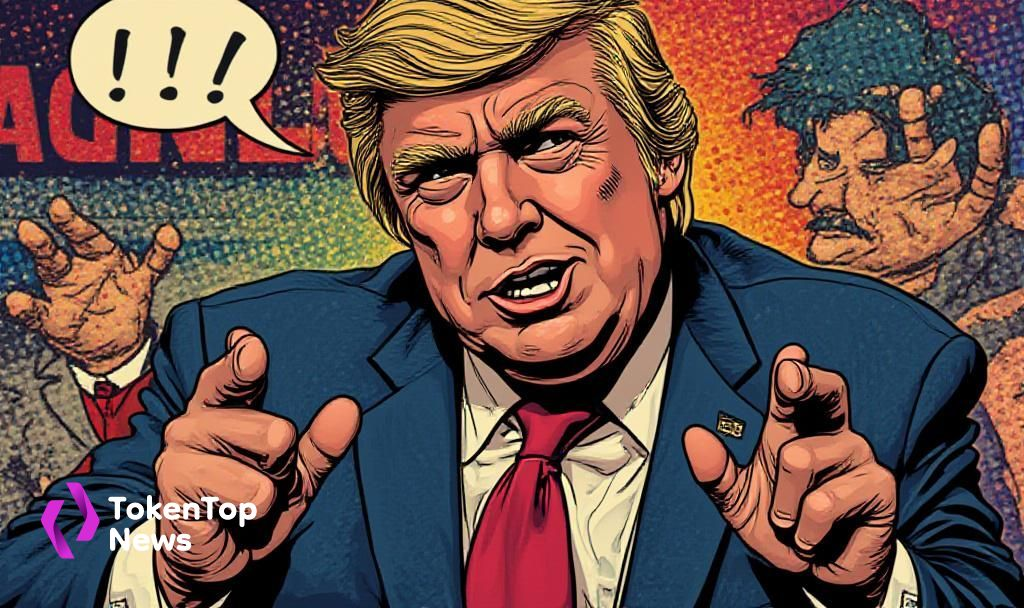SEC Escalates Crypto Situation

The SEC escalates the crypto situation in the US again. A case involving a former Coinbase employee found guilty of insider trading is raising questions. If the agency succeeds in its course in the future, any crypto user in the United States could become a target of law enforcement.
The situation with cryptocurrencies is escalating
A delinquent former employee of crypto exchange Coinbase reaches an agreement with the US Securities and Exchange Commission. But is the SEC escalating the crypto situation in the country again? The case raises questions.
It’s about Indian citizen Ishan Wahi, who worked as a product manager for Coinbase. Through the investigations of crypto enthusiast Cobie, real name Jordan Fish, Wahi is convicted.
Finally, internal investigations by Coinbase also show that his brother Nikhil Wahi was involved. Ishan determined which cryptocurrencies were listed and featured by Coinbase. He wanted to make as much profit as possible from this knowledge and acquired the respective cryptos before they were known to the large mass of Coinbase customers.
The subsequent listing caused the price of the systems to skyrocket. Then Ishan sold these for a profit. He also gave his brother the inside information. He, too, could make profits.
Shortly before fleeing from the USA to his native India, Ishan was arrested by the police. Months later, the former Coinbase employee confesses his crime in court.
The US Department of Justice DoJ accused both parties involved of insider trading and found them guilty. The SEC also sued. She claimed, as she often does, that there had been a violation of securities laws.
SEC fails in court
The accused brothers operated their insider trading with 25 different tokens. The SEC classifies at least nine of these digital assets as securities and claims responsibility for their oversight.
“The SEC is attempting to claim jurisdiction over the defendants’ secondary trading of nine tokens, alleging that the “crypto assets are investment contracts.” This is factually and legally wrong.” Writes Rodrigo Seira, General Counsel at crypto investment firm Paradigm.
According to Seira, the SEC considers the simple sale of the affected assets to be an illegal money ploy. However, the Wahi brothers were not involved in the creation of the tokens, only trading them on the secondary market. The SEC nevertheless claimed that they engaged in illegal securities trading by buying and selling.
According to Seira, this argument is based on the misconception that each individual token is a security and any trading is therefore illegal if the investment has not been registered with the SEC in advance. However, this is not how the Securities Act works.
In court, the US Securities and Exchange Commission’s line of argument does not appear to be very promising. The SEC finally settled with Ishan Wahi and his brother, according to a press release .
As part of the settlement, the Wahi brothers admitted their actions and pleaded guilty to telecommunications fraud. Ishan paid 10.97 ETH and 9,440 USDT fine (around $26,000 in total). He was sentenced to two years in prison. His brother Nikhil paid a $892,500 fine and was sentenced to 10 months in prison.
Nevertheless, Legal Counsel Seira sees the agreement as a clear defeat for the SEC. On Twitter he writes:
The SEC has presented a settlement in the case against former Coinbase employee Ishan Wahi that constitutes a complete capitulation and shows the weakness of the SEC’s theories on secondary market cryptocurrency trading.
Paradigm wrote a statement to the competent court regarding the case. The company clearly disagrees with the SEC’s allegations against the Wahis. In the future, they want to take more legal action against the authority in order to avert an escalation to the detriment of crypto users.
More on the topic Coinbase files lawsuit against SEC




